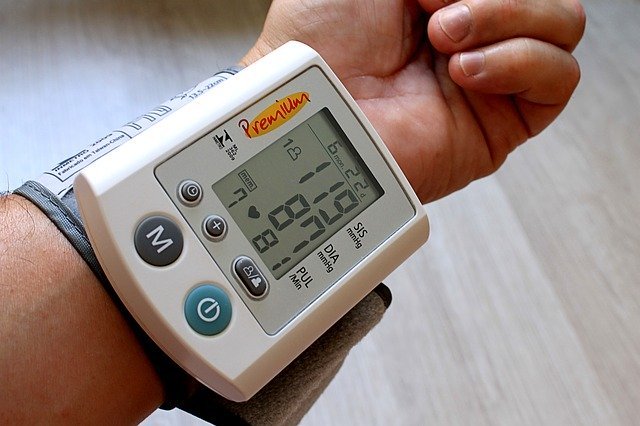
In a new study, researchers found that reducing blood pressure lower than the normal levels could reduce overall death rates by 27% for adults at high heart disease risk.
They describe how aggressively lowering blood pressure levels can extend a person’s life expectancy.
They report that having a blood pressure target of less than 120 mm Hg—rather than the standard 140 mm Hg—can add six months to three years to a person’s lifetime, depending upon how old they are when they begin intensive blood pressure control.
The research was conducted by a team at Brigham and Women’s Hospital.
The team used age-based methods to conduct their analysis.
These methods are frequently used in other fields—for instance, when projecting the long-term survival benefits of a new cancer drug—but have not been commonly applied in studying the cardiovascular disease.
By applying age-based methods to the data from SPRINT, the team could estimate the long-term benefits of intensive blood pressure control.
The SPRINT study enrolled more than 9,000 adults who were 50 years or older, were at high cardiovascular risk but did not have diabetes, and had systolic blood pressure between 130- and 180-mm Hg (130 mm Hg or higher is considered high blood pressure).
Participants were randomized to intensive (at least 120 mm Hg) or standard (at least 140 mm Hg) systolic blood pressure targets.
Participants were given antihypertensive therapies, free of cost, to achieve their blood pressure targets and were followed for an average of a little over three years.
The team estimated that if people had continued taking their high blood pressure therapies for the remainder of their lives, those with the intensive blood pressure target could add six months to three years to their life expectancy, compared to those with the standard blood pressure target.
This span depended upon the person’s age—for someone who began antihypertensive medications at 50 years old, they predicted a difference of 2.9 years; for someone 65 years old, a difference of 1.1 years; and for someone 80 years old, a difference of nine months.
The authors note that the analysis did not account for potential risks, including kidney injury and low blood pressure, that are associated with intensive blood pressure control.
Estimates of survival benefits must be carefully weighed against these potential risks in the selection of blood pressure targets for individual patients.
The team’s hope is that these findings offer a more easily communicated message when discussing the potential benefits and risks of sustained blood pressure control over time.
The lead author of the study is Muthiah Vaduganathan, MD, MPH, a cardiologist at the Brigham.
The study is published in JAMA Cardiology.
Copyright © 2020 Knowridge Science Report. All rights reserved.



